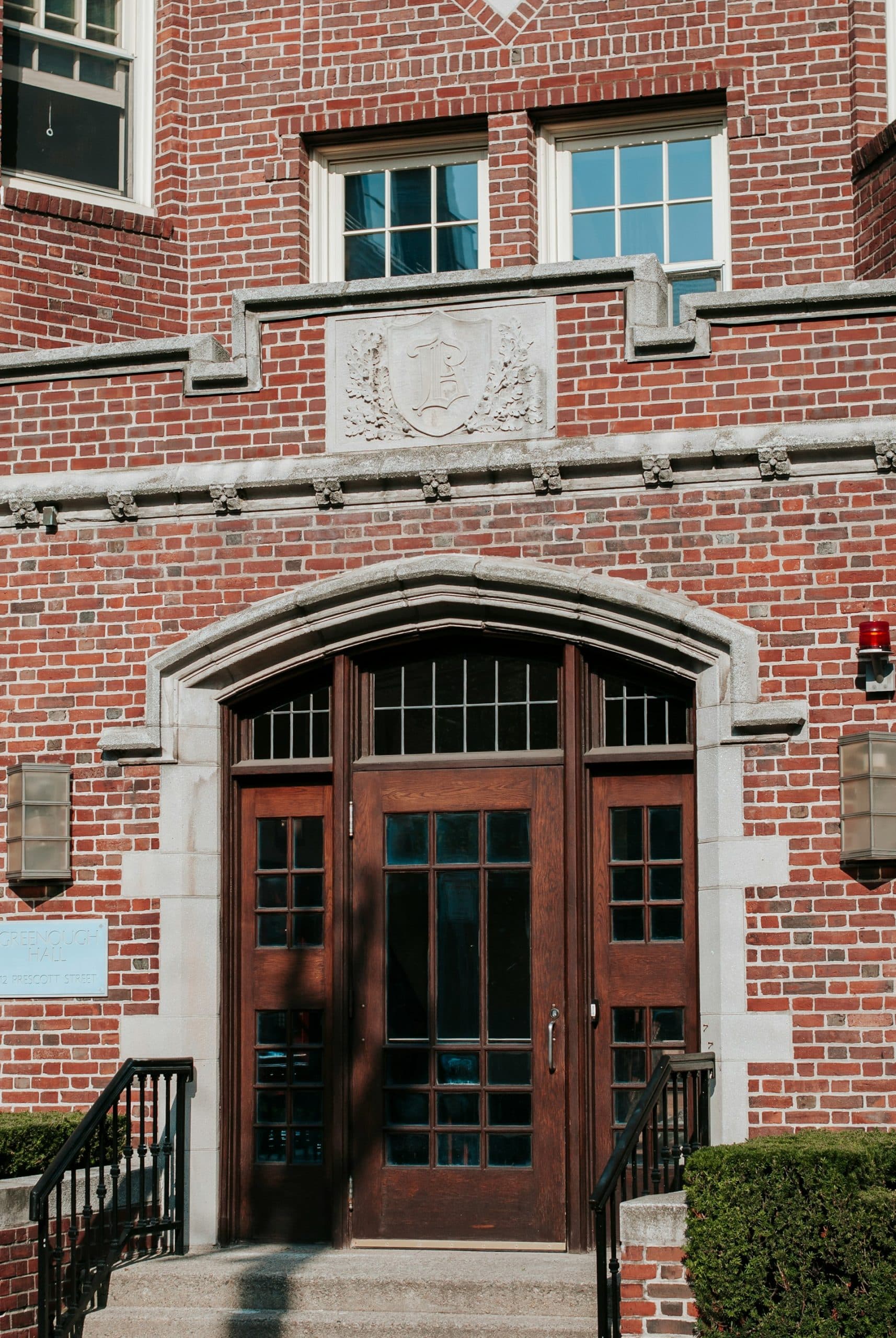When you think of higher education institutions that have stood the test of time and continue to influence the world, Cambridge University invariably comes to mind. This prestigious university, located in the enchanting city of Cambridge in England, prides itself on being a hub of education, innovation, and culture. But did you know that the university also offers a multitude of free public lectures that you, the general public, can attend?
Cambridge is not just for its students; it is a university that cares deeply about community outreach and fostering a love for knowledge among all people. This article provides an overview of the best times to explore Cambridge’s open public lectures without spending a penny. These lectures are not just limited to the English course but span across various disciplines – from science to humanities, from health to arts.
A lire également : What are the cheapest parking options near major tourist attractions in Bristol?
The Tradition of Public Lectures at Cambridge University
Before we delve into the best times to attend these lectures, let’s first understand what they are all about. Public lectures are a long-standing tradition at Cambridge, an opportunity for esteemed faculty members and guest speakers to share their knowledge and expertise with a wider audience.
These lectures are not just for the Cambridge student population but are open to everyone. They serve as a bridge between academia and the general public. In essence, public lectures are a manifestation of the university’s commitment to public engagement and knowledge dissemination.
Lire également : How can nature lovers find free guided walks in the Peak District?
Whether you’re an international visitor exploring the city, a local resident, or a high school student contemplating college applications, these lectures present a unique opportunity to learn from experts in various fields. From gaining insights into cutting-edge research to exploring complex societal issues – attending public lectures at Cambridge can be an enriching experience.
When to Attend Public Lectures at Cambridge University
Now, let’s move on to the crux of our discussion – the best times to attend these open public lectures at Cambridge University. The schedule of these lectures is typically based on the university’s academic calendar. Therefore, it’s important to keep an eye on the university’s official website or subscribe to their newsletter for up-to-date information.
Generally, the most substantial number of public lectures happens during term-time, which runs from October to December (Michaelmas term), January to March (Lent term), and April to June (Easter term). Moreover, many lectures take place in the evening, making them accessible for those who work during the day.
However, these are not the only times you can enjoy a free lecture at Cambridge. The university also hosts a number of special lecture series and events throughout the year, such as the Festival of Ideas in October, the Science Festival in March, and the Alumni Festival in September. These festivals feature a gamut of public lectures, panel discussions, exhibitions, and performances that cater to a wide range of interests.
What to Expect from Public Lectures at Cambridge University
So, what can you expect when you attend one of these open public lectures at Cambridge University? For starters, you will find a diverse range of topics being discussed. Whether you are interested in the implications of emerging technologies on health, the challenges of climate change, the intricacies of English literature, or the dynamics of international politics – there’s something for everyone.
Furthermore, you will have the opportunity to engage in thought-provoking discussions. Many lectures include a Q&A session at the end, allowing attendees to interact with the speaker, ask questions, and further delve into the topic at hand.
However, it’s important to note that while these lectures are free, they are often on a first-come, first-serve basis. Therefore, it is recommended to arrive early to secure your spot, especially for popular lectures.
Comparing Cambridge to Other Universities
You may wonder, how does Cambridge’s tradition of open public lectures compare to other universities, such as Harvard in the USA or London’s university scene? Well, many universities do offer public lectures. However, Cambridge stands out for the sheer volume and diversity of its offerings.
Harvard, for instance, also has a robust programme of public lectures. However, these are often more closely tied to specific departments and schools, which may limit the range of topics available to the general public. On the other hand, London universities, with their cosmopolitan setting, often focus on contemporary issues, potentially offering less in the way of historical or scientific lectures.
In the end, each university’s public lecture program reflects its unique ethos and strengths. However, Cambridge’s commitment to public engagement, its rich academic heritage, and diverse range of lectures make it a standout choice for anyone looking to enrich their understanding of the world.
Preparing for Your Visit to Cambridge University for Public Lectures
If the idea of attending a public lecture at Cambridge University piques your interest, there are a few things to keep in mind to make the most of your visit. From understanding the logistics to knowing what to expect, here’s a handy guide to help you prepare for your visit.
Firstly, consider subscribing to the university’s newsletter or regularly checking their official website. This will provide you with the most updated information about upcoming lectures, including the topics, speakers, and specific dates and times. Moreover, it also offers you a peek into the vibrant student life and range of visits events at Cambridge.
Next, remember that while the lectures are free of charge, they often operate on a first-come, first-serve basis. To ensure you secure a spot, especially for popular lectures, you may need to arrive early. It’s also a good idea to check if the lecture requires any advance registration or entry tickets.
For international students, the university provides useful information on international visits and other entry requirements. Be sure to check these details before planning your trip to the United Kingdom to attend these lectures.
If you are a prospective student, make sure to leverage the opportunity of attending these lectures to explore other aspects of the university. Visit the iconic university library and its special collections, explore the beautiful university colleges, and get a firsthand feel of what your life as a Cambridge student could be like. For teachers, advisers, parents, and supporters, attending these lectures can provide unique insights into the education and support Cambridge provides its students.
Lastly, do not fret about tuition fees or the application process. Remember, these lectures are free and do not require enrollment at the university. So, regardless of financial support or Cambridge admissions, you are welcome to attend and learn!
Concluding Thoughts and Invitation to Explore
Cambridge University has long been a global icon of intellectual rigor, academic excellence, and ground-breaking research. Its tradition of open public lectures is a testament to its commitment to engage with the wider public and disseminate knowledge beyond its student body.
Whether you are an international visitor, a local resident, or a prospective student, these lectures provide an enriching opportunity to delve deeper into a wide array of topics, engage in stimulating discussions, and gain insights into cutting-edge research happening around the world.
While renowned institutions like Harvard University also offer public lectures, Cambridge stands out due to the breadth and depth of its offerings. So, immerse yourself in the rich academic heritage of Cambridge, and come, explore, and learn at one of the oldest and most prestigious universities in the world.
To all prospective international students, teachers, advisers, and parents supporters, this is your invitation to explore the stimulating intellectual environment of Cambridge University. Not only through its open days and events but also through its tradition of free public lectures.
So, when are you planning your visit to Cambridge? Whatever the time or season, be it for a lecture on English literature, a panel discussion on climate change, or a presentation on emerging technologies – Cambridge University eagerly awaits you. Remember, knowledge is free, and at Cambridge, there’s always more to learn!











